Don't hesitate to send a message
+86-579-87301950

Industry News
Global Culinary Innovation: Modern Pepper Mill Factory Reshapes Seasoning Industry
 The seasoning industry is experiencing significant transformation as manufacturing facilities embrace advanced production technologies and sustainable practices. Modern production centers are revolutionizing how traditional kitchen tools are manufactured, combining artisanal craftsmanship with cutting-edge automation.
The seasoning industry is experiencing significant transformation as manufacturing facilities embrace advanced production technologies and sustainable practices. Modern production centers are revolutionizing how traditional kitchen tools are manufactured, combining artisanal craftsmanship with cutting-edge automation.
Recent innovations in manufacturing processes have led to remarkable improvements in product quality and consistency. Advanced quality control systems ensure each grinding mechanism meets precise specifications, resulting in superior performance and durability. This attention to detail has elevated industry standards worldwide.
Environmental sustainability has become a cornerstone of contemporary production methods. Manufacturers are increasingly adopting eco-friendly materials and implementing waste reduction strategies. These initiatives include responsible sourcing of wood products and utilizing recycled materials in packaging.
The integration of precision engineering has revolutionized the production of grinding mechanisms. Computer-aided design and manufacturing processes ensure optimal component fit and function, while maintaining the essential characteristics that culinary professionals value in their tools.
Industry experts note a growing trend toward customization capabilities in modern facilities. Production lines now accommodate various design specifications, allowing for diverse product ranges that meet different market preferences and cultural cooking styles.
Research and development departments continue to explore innovative materials and mechanisms. This ongoing investment in product improvement has resulted in more efficient grinding systems and enhanced durability, meeting the evolving needs of both home cooks and professional chefs.
Quality assurance has reached new levels with the implementation of advanced testing protocols. Each production stage undergoes rigorous inspection, ensuring that finished products maintain consistent performance standards and meet international safety regulations.
The industry's focus on ergonomic design has led to improved production methods for comfort-oriented features. Manufacturing processes now incorporate specialized techniques to create products that combine functionality with user comfort.
Market responsiveness has become a key characteristic of modern production facilities. Quick-change manufacturing systems allow producers to adapt to emerging market trends and consumer preferences while maintaining high quality standards.
Professional culinary input continues to influence manufacturing developments. Feedback from chefs and cooking experts helps shape production specifications, resulting in tools that better serve both professional and home kitchen environments.
Training programs for production staff have evolved to emphasize both traditional craftsmanship and modern manufacturing techniques. This balanced approach ensures that products maintain their essential qualities while benefiting from technological advances.
As global culinary interests expand, production facilities are adapting to meet diverse international standards and preferences. This flexibility in manufacturing capabilities has helped establish new markets while maintaining traditional quality expectations.
The industry outlook remains positive as manufacturers continue to invest in advanced production methods and sustainable practices. These ongoing improvements suggest a future where traditional kitchen tools evolve to meet contemporary cooking needs while maintaining their essential functionality.
-
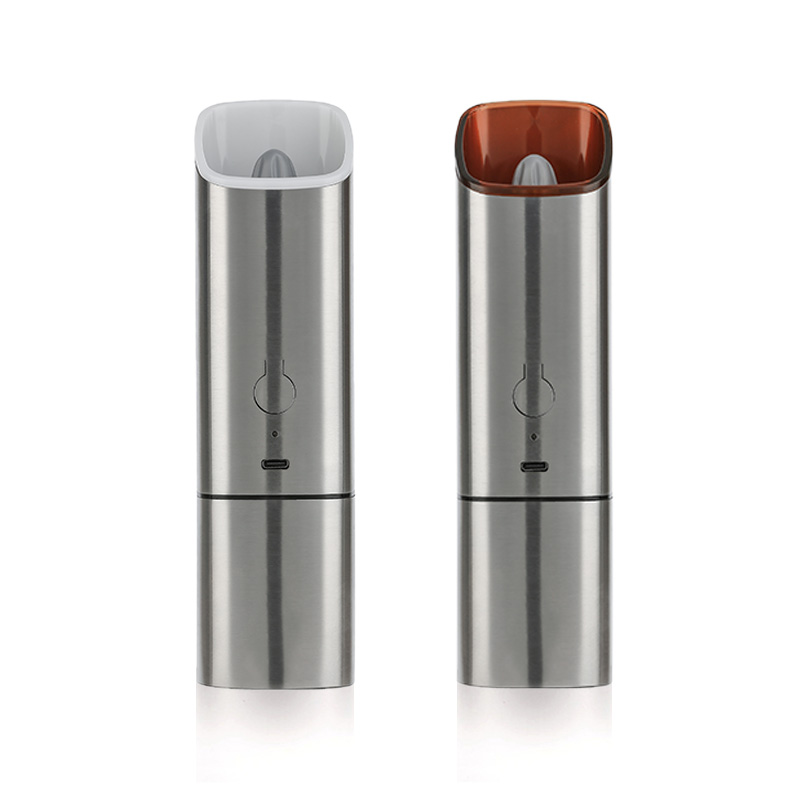 CH-01
CH-01USB Rechargeable Electric Salt Pepper Grinder
-
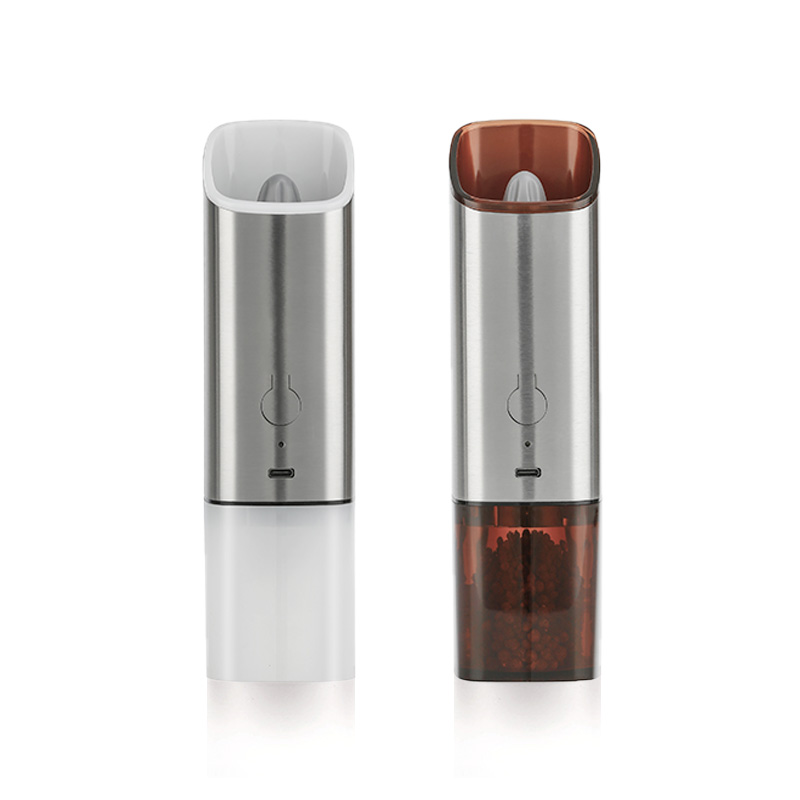 CH-01P
CH-01PUSB Rechargeable Electric Salt And Pepper Mill Set
-
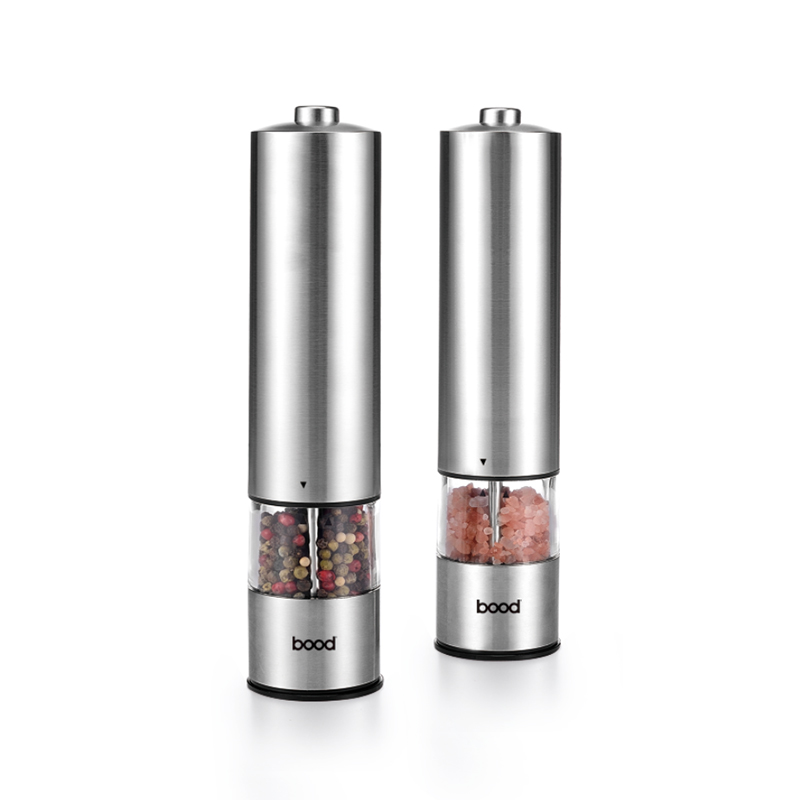 DH-00
DH-00Classy Design Electric Pepper Mill With Stainless Steel Body
-
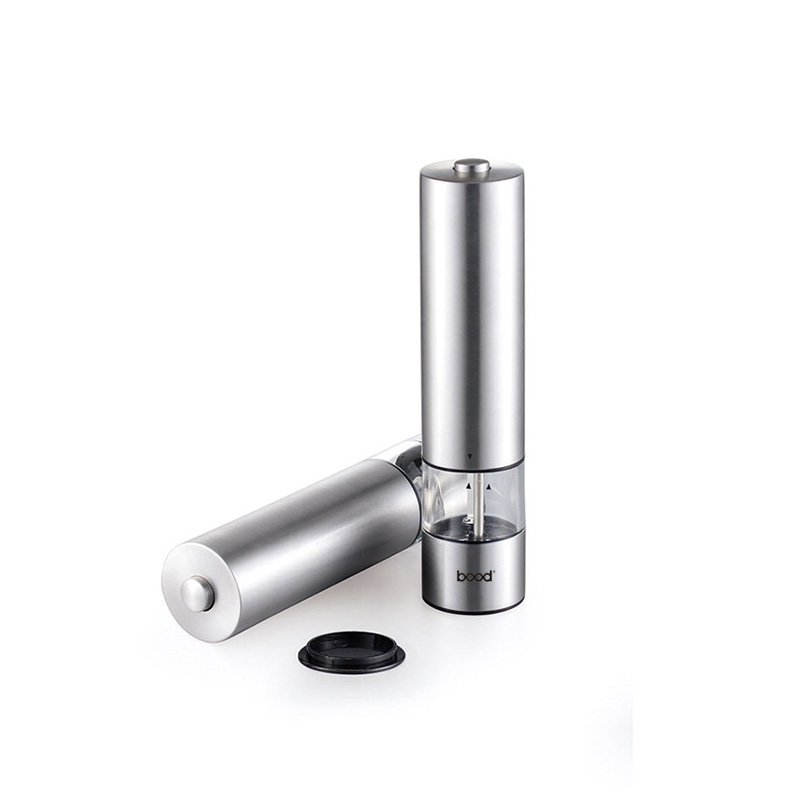 DH-01
DH-01Classic Electric Stainless Steel Salt And Pepper Grinder
-
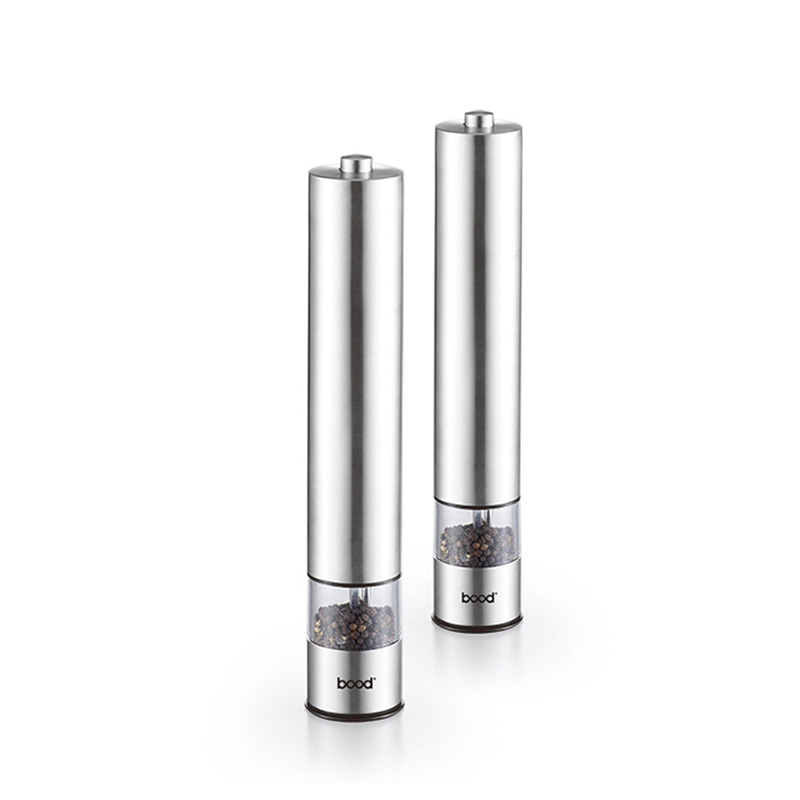 DH-01C
DH-01CElectric Tall Salt and Pepper Mill Grinder with Flat Head
 English
English Deutsch
Deutsch 日本語
日本語